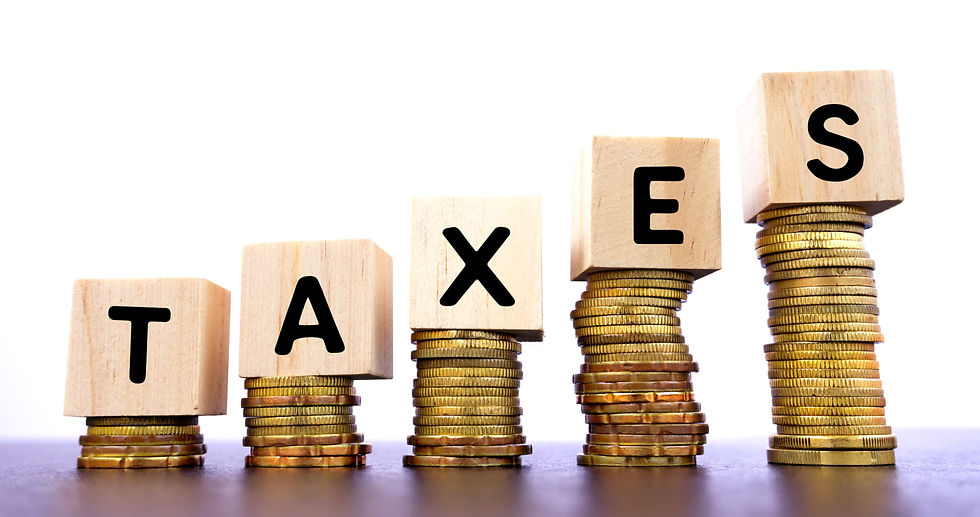Smart Currency Tips Before You Head Overseas This Summer 🌍
- Sid Misra
- Jun 21, 2025
- 3 min read
Don’t Overpay Before You Even Land
To My Readers
As many of you prepare for upcoming summer vacations, I want to share a few simple ways you can avoid losing money when it comes to currency exchange. Every year, travelers unintentionally pay more than they need to because of how they handle cash and credit card transactions abroad.
Two of the most common areas where international travelers overspend are converting cash unnecessarily and falling into the Dynamic Currency Conversion (DCC) trap.
Converting Cash: When Most Travelers Overpay
A common mistake is exchanging cash either before you leave or immediately after you land - typically at your local bank, airport currency exchange, hotel, or tourist kiosks. These options often come with poor exchange rates, added fees, and hidden commissions.
By using these services, travelers often lose 5 to 10 percent of their money before they even start their trip!
If you feel more comfortable having some local currency on hand for immediate expenses like taxis or tips, exchange only a small amount ahead of time.
Pro Tip: For the majority of your cash needs, the most cost-effective option is to use a bank-affiliated ATM once you’ve arrived at your destination. Bank ATMs typically offer exchange rates that are much closer to the true market rate (the interbank rate), with lower fees compared to exchange counters.
The Dynamic Currency Conversion (DCC) Trap
While traveling, many merchants and ATMs will give you a choice when you make a credit card purchase or withdrawal:
"Would you like to be charged in U.S. dollars or the local currency?"
Although it may seem helpful to see your charge in dollars, this option often comes with additional hidden fees. This process, called Dynamic Currency Conversion (DCC), allows the foreign merchant or ATM operator to set their own exchange rate, often significantly worse than what your credit card company or bank would offer.
Choosing DCC can quietly add 3 to 8 percent to the total cost of your purchase or withdrawal!
What makes this even more costly is that you're not just paying this fee once. Every time you choose to be charged in U.S. dollars, whether at a restaurant, shop, bar, or hotel, you're accepting a different exchange rate set by that individual merchant or ATM operator. This means you’re often getting a new, unfavorable rate for every transaction throughout your trip. Over the course of a vacation, these small percentages can add up to hundreds of dollars lost unnecessarily.
Pro Tip: Always select the local currency when asked. Allow your bank or credit card to handle the currency conversion. They will almost always provide a better and more consistent rate with lower fees.
A Few Simple Currency Rules for Your Trip
Use credit cards that do not charge foreign transaction fees for most of your purchases
Use bank-affiliated ATMs to withdraw local currency as needed
Avoid exchanging large amounts of cash, whether before you leave or upon arrival
Always decline Dynamic Currency Conversion & pay in the local currency whenever possible
With a little planning before your trip, you can avoid unnecessary costs and make your vacation more enjoyable, both financially and personally.
If you’re planning to travel this summer and want to make sure your finances are ready for the trip, or simply want to review your broader financial plan, feel free to reach out.
Safe travels,
Sid Misra, CFP®





Comments